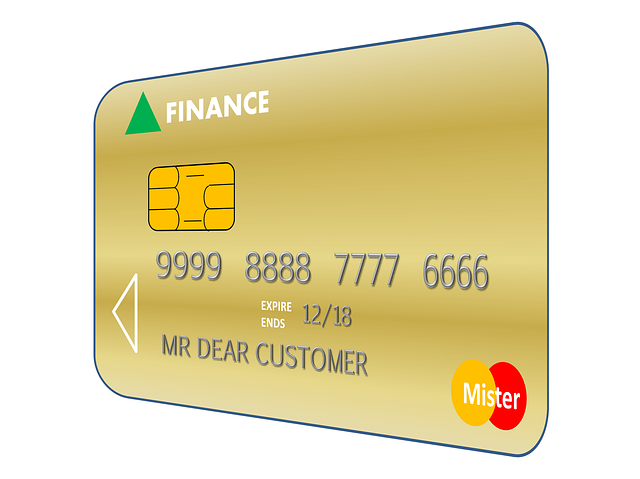Bad credit debt consolidation loans secured by property provide individuals with a risky yet viable option to combine multiple high-interest debts, offering lower rates and extended terms due to reduced lender risk. Unsecured alternatives are popular but come with higher interest rates and strict conditions. Bad credit debt consolidation loans enable financial restructuring, lower monthly payments, and improved credit scores over time, even with slightly elevated rates.
When considering debt consolidation options, understanding the distinction between secured and unsecured loans is crucial. Secured loans, backed by collateral, offer lower interest rates but pose higher risk if you default. Unsecured loans, lacking collateral, are more accessible but come with stricter requirements and potentially higher costs for those with bad credit. This article explores these loan types in detail, focusing on their implications for bad credit debt consolidation, highlighting risks, benefits, and available alternatives.
- Understanding Secured Loans: How They Work and Their Benefits
- Unsecured Loans: Risks, Requirements, and Alternatives for Bad Credit Debt Consolidation
Understanding Secured Loans: How They Work and Their Benefits
Secured loans are a type of financing option where the borrower uses an asset as collateral to secure the loan. This could be in the form of property, a vehicle, or any valuable item that has monetary value. The lender holds this collateral until the loan is repaid in full, which provides them with a level of security and a lower risk of default. For individuals with bad credit looking for debt consolidation loans, secured options can be particularly beneficial.
One of the main advantages of secured loans is that they often come with lower interest rates compared to unsecured loans. This is because the collateral acts as a safeguard for the lender, reducing the likelihood of non-payment. Additionally, secured loans typically offer larger loan amounts and longer repayment periods, making them suitable for consolidating high-interest debt. For instance, a bad credit debt consolidation loan secured by property can help merge multiple high-rate debts into one manageable payment, simplifying financial obligations and potentially saving money on interest charges.
Unsecured Loans: Risks, Requirements, and Alternatives for Bad Credit Debt Consolidation
Unsecured loans are a popular choice for individuals seeking financial solutions, but they come with inherent risks and specific requirements. When applying for an unsecured loan, lenders don’t require any collateral, which means there’s no asset backing the loan in case of default. This accessibility makes it an attractive option for those with bad credit looking to consolidate debt. However, the absence of collateral increases the risk for lenders, often resulting in higher interest rates and stringent borrowing conditions.
For individuals with poor credit history or limited assets, securing a traditional loan can be challenging. Fortunately, there are alternatives like specialized bad credit debt consolidation loans designed to cater to this demographic. These loans offer a chance to reorganize debts, lower monthly payments, and improve credit scores over time. While they may come with slightly higher rates, they provide an opportunity for financial reset, enabling borrowers to regain control of their finances.
When considering loans for bad credit debt consolidation, understanding the differences between secured and unsecured options is crucial. Secured loans offer benefits like lower interest rates due to the collateral involved, but they come with risks if you default on payments. Unsecured loans, while riskier for lenders, provide flexibility without collateral requirements, making them a viable option for those with less-than-perfect credit looking to consolidate debt. In the context of bad credit debt consolidation loans, evaluating these distinctions can help borrowers make informed decisions tailored to their financial situations.
